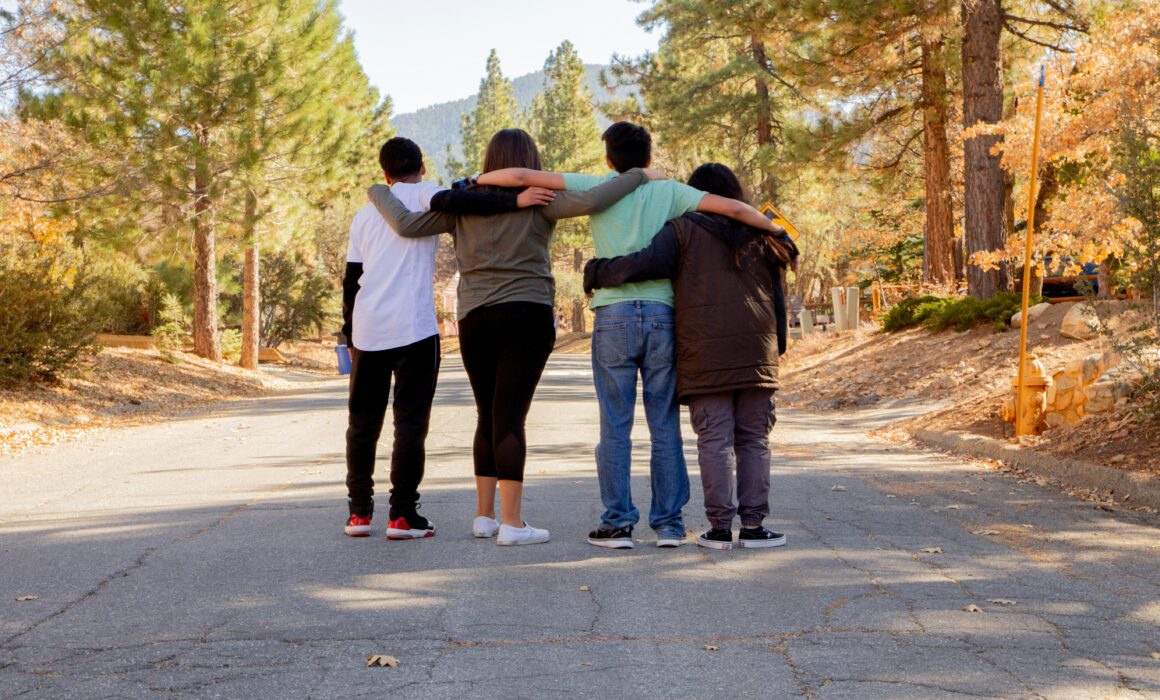my family rules
As a kid (and even as an adult child) there is so much that we learn from our parents and our families.
They teach us qualities: Be kind, be hardworking, be respectful
They teach us tasks: How to do laundry, how to change a flat tire, how to cook scrambled eggs.
They teach us rules: We don’t hit our brothers, we brush our teeth before bed, we eat our vegetables at dinner if we want dessert.
In order to be a “part” of the family (ie. “you’re a Smith- we don’t give up!”) you learn and follow the rules. Sometimes, though, they are not so clearly stated.
An explicit rule is described above: “we do not hit.”
An implicit rule is different. Nobody tells you that it’s a rule. But somehow, you learn it. Nobody talks about it, but it becomes a part of you.
Examples of implicit rules:
- We don’t share about our problems
- Nobody should ever upset little brother
- We always act like a perfect family in front of Grandma
- We don’t feel __ because that is weak
These are things that your family probably didn’t teach you directly– but you know to follow this rule anyways.
Take for example, somebody who grew up in a family where nobody talked about their feelings. Maybe the family got in a fight, everybody went to their rooms to calm down, then pretended it didn’t happen.
As a kid, you learned: we don’t talk about bad feelings. We leave it alone and pretend it didn’t happen. As an adult, you may notice that you still follow this rule. Now, you shut down during conflict. Maybe you physically leave, and act like everything is normal once you return. You (still) don’t talk about bad feelings.

Is there a rule that you can think of that your family follows subconsciously? How does this show up in your life now, as an adult?
The thing is, implicit rules aren’t always bad. They help maintain balance in the family, and give the family a sense of unity, of being on the same team. “Our family” versus “others.”
The trouble comes when these rules no longer serve you, and start causing problems. Using the example above: while you were growing up, ignoring conflict helped you fit in
with your family. But now, it makes your partner question if you can work through issues together!
So, now that I know what implicit family rules are, what do I do about it?
- Notice them! These are implicit rules, so many of them are beyond awareness. The first step is to pay attention to what rules there may be in your family, and which rules are causing you trouble.
- Baby steps! After noticing which rules you’d like to see change, start taking steps to counteract them when they show up. This could be within your family itself, or in other areas of your life that they show up in. It’s natural for there to be pushback to changing a lifelong rule, so start slow and manage your expectations!
- Meeting with a therapist can be a good strategy to deeply explore your family dynamics. Sometimes it can be hard to notice these things by yourself, and a trained family therapist (like Kate at East Dallas Therapy 😉) can help you dig deep into understanding what family rules may still be showing up in your adult life.
Recognizing and changing our family dynamics can be a tricky task! Often, though, it can be an essential and rewarding part of self-growth. East Dallas Therapy is rooting for you on your journey!





















